From Tasting to Digesting - 1 Class 5 Worksheet EVS Chapter 3
Q1: Match the following.
Ans:
(1) - (b)
(2) - (c)
(3) - (a)
Q2: Answer in one word.
(i) The process of breaking down of food in simple form which the body can use.
Ans: Digestion
(ii) The tiny bumps present on the tongue.
Ans: Taste buds
(iii) The liquid in our mouth that helps in digestion.
Ans: Saliva
(iv) A muscular bag in our body that churns food.
Ans: Stomach
(v) Food like chips, sweets, burgers, sandwiches, pizzas, samosas, soft drinks that make us unhealthy.
Ans: Junk Food
Q3: Given below are pictures of some food items. Write the kind of taste each of them has in the blanks.
(i)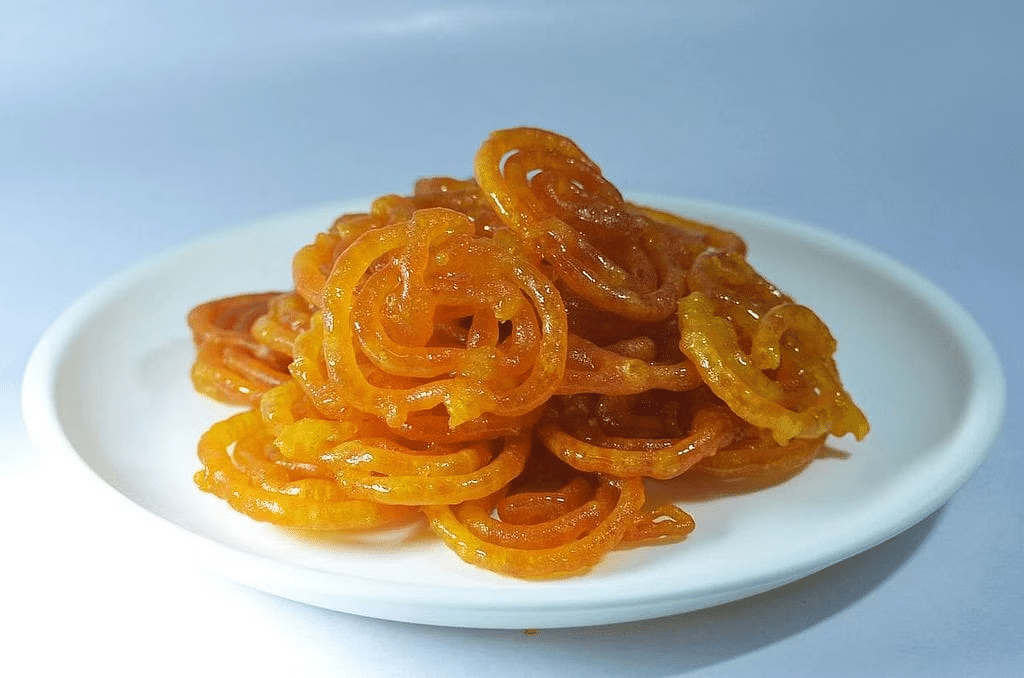 Ans: Sweet
Ans: Sweet
(ii)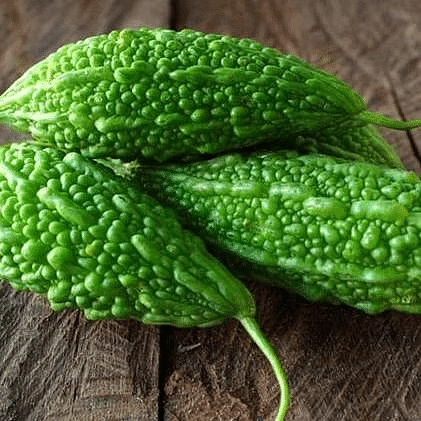 Ans: Bitter
Ans: Bitter
(iii) 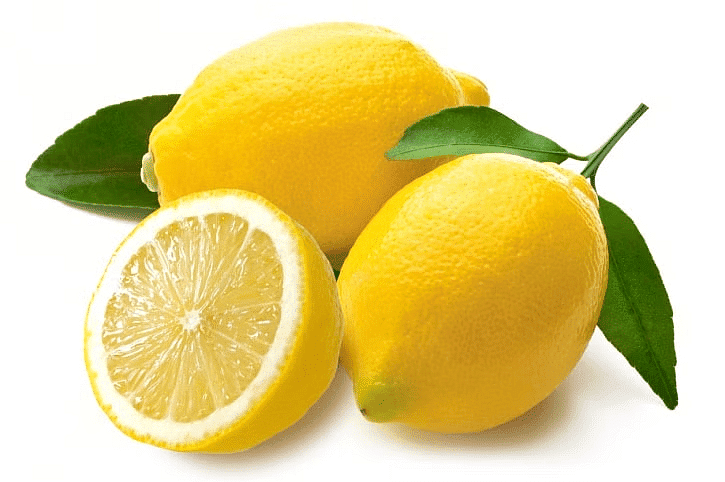 Ans: Sour
Ans: Sour
(iv)
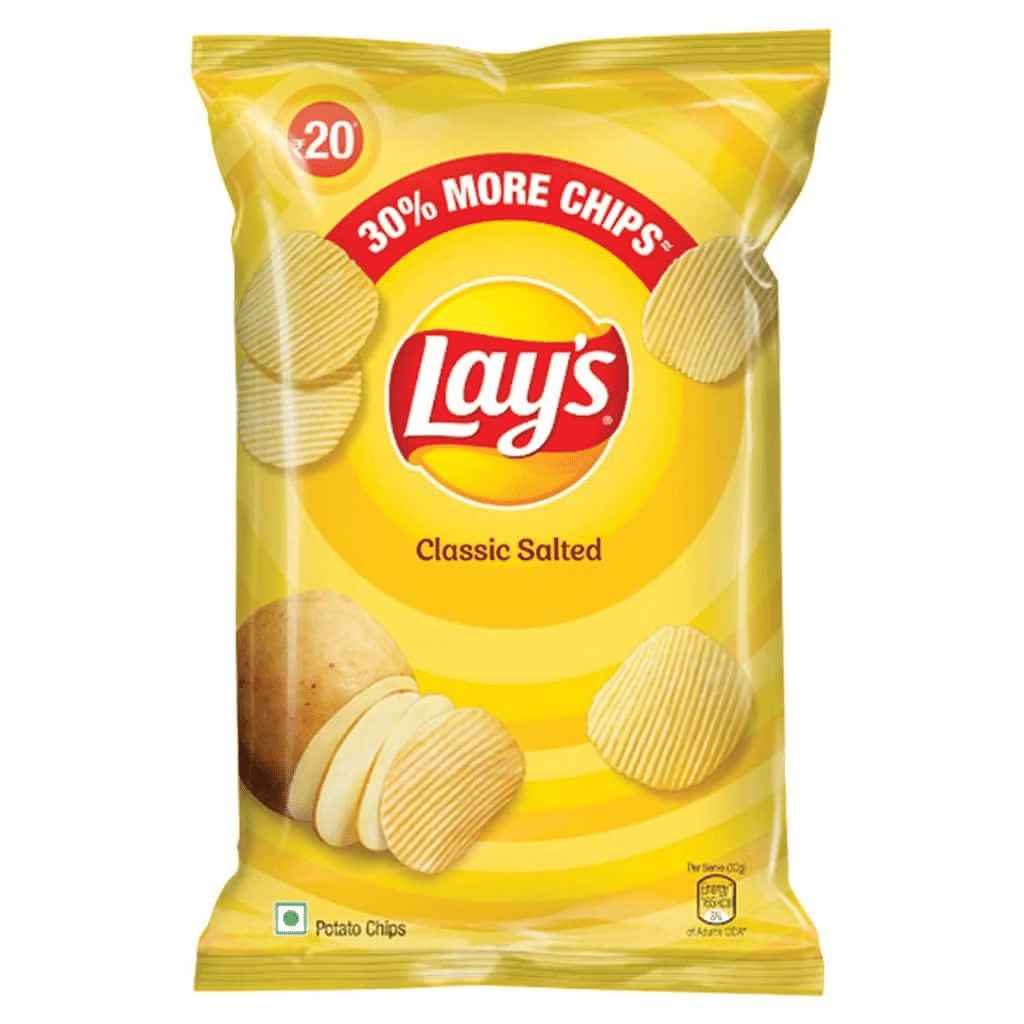 Ans: Salty
Ans: Salty
(v) 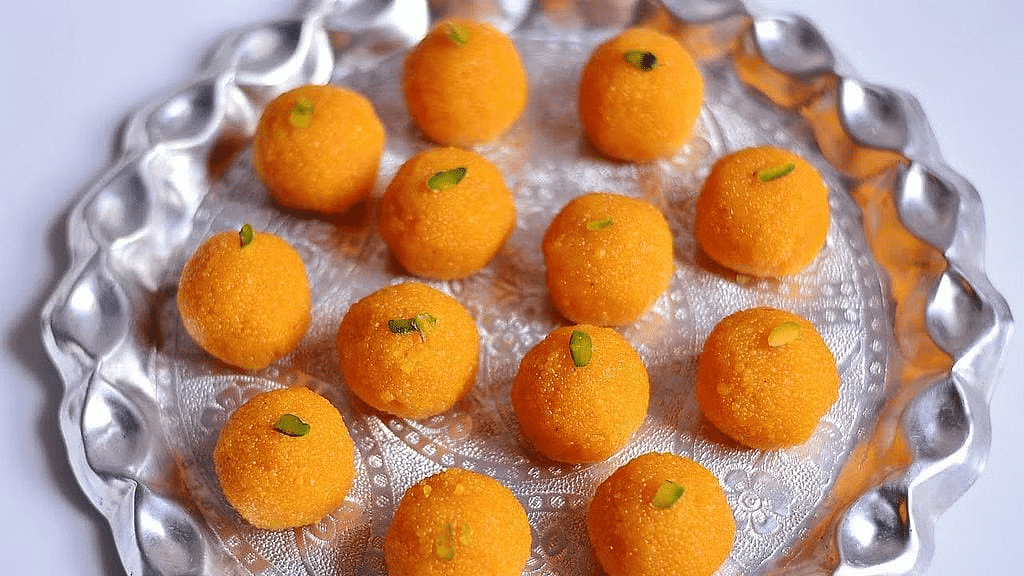 Ans: Sweet
Ans: Sweet
(vi)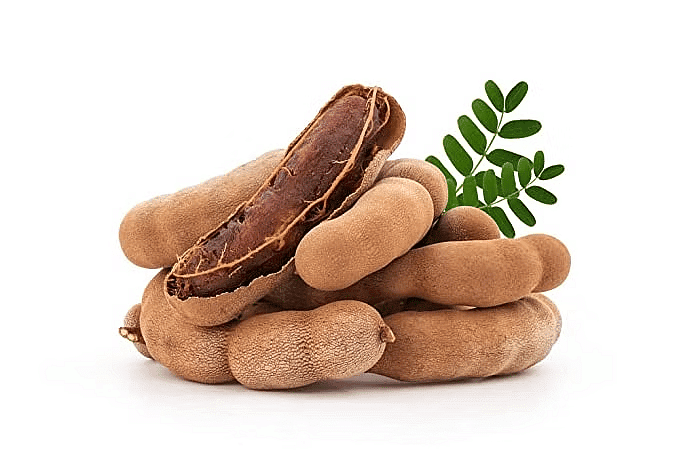 Ans: Sour- sweet
Ans: Sour- sweet
Q4: Choose the correct answer to fill in the blanks.
weak, hunger, glucose drip, strength, ORS , sugar, salt, energy, proper, hunger.
(i) If we have vomiting and loose motions we feel _____________.
Ans: weak
(ii) A person is given a __________ and _________ solution when he has loose motions and vomiting.
Ans: sugar, salt
(iii) ________ can also be given to the persons who have loose motions and vomiting.
Ans: Glucose drip
(iv) If the condition of the patient is very bad due to vomiting and motions the patient is put on a _____________.
Ans: ORS
(v) Glucose gives some ___________ immediately to the body.
Ans: strength
(vi) A glucose drip is given for instant ___________.
Ans: energy
(vii) Our __________ changes with mood.
Ans: hunger
(viii) To get enough and __________ food is the right of every child.
Ans: proper
(ix) In Kalahandi district (Odisha) many labourers die due to __________.
Ans: hunger.
Q5: Look at the picture of the tongue given below and mark the parts of the tongue where you can taste sweet, bitter, salty and sour.
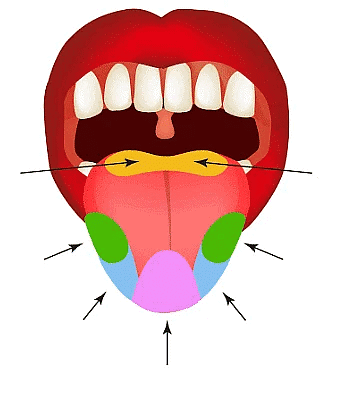
Ans: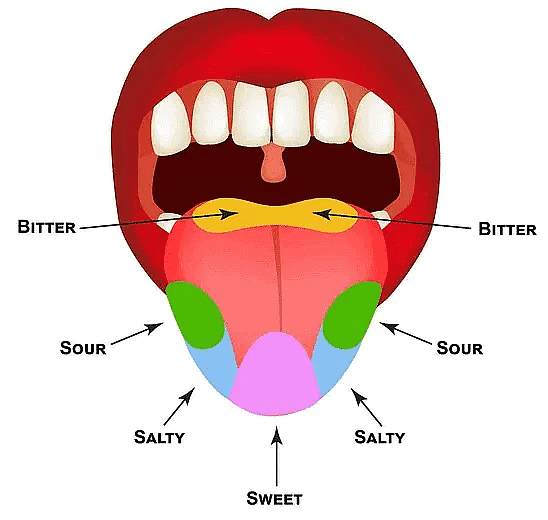
Q6: True or False
(i) The juices in the stomach are acidic.
Ans: True
(ii) The sense organ of our body that tastes the food is larynx.
Ans: False
(iii) Our tongue has tiny bumps called dots which help us to taste the food.
Ans: False
(iv) The sense of taste and smell are interconnected.
Ans: True
(v) The glucose drip is given for quick strength even without eating.
Ans: True
(vi) Breathing is the breaking down of food into simple forms which our body can use.
Ans: False
(vii) Dr Larris carried out many experiments and revealed many secrets about digestion.
Ans: False
(viii) Digestive juices help in digesting the food.
Ans: True
(ix) Our stomach churns the food for digestion in our body.
Ans: True
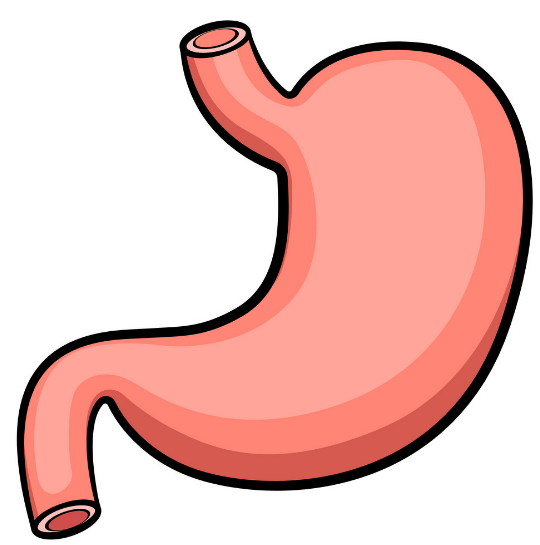
Q8: Answer in short.
(i) Why should we chew our food properly?
Ans: Chewing is an essential part of digestion. The more you chew, the better your food will be broken down prior to entering your stomach.
(ii) Why should we eat proper food?
Ans: Good nutrition is an important part of leading a healthy lifestyle.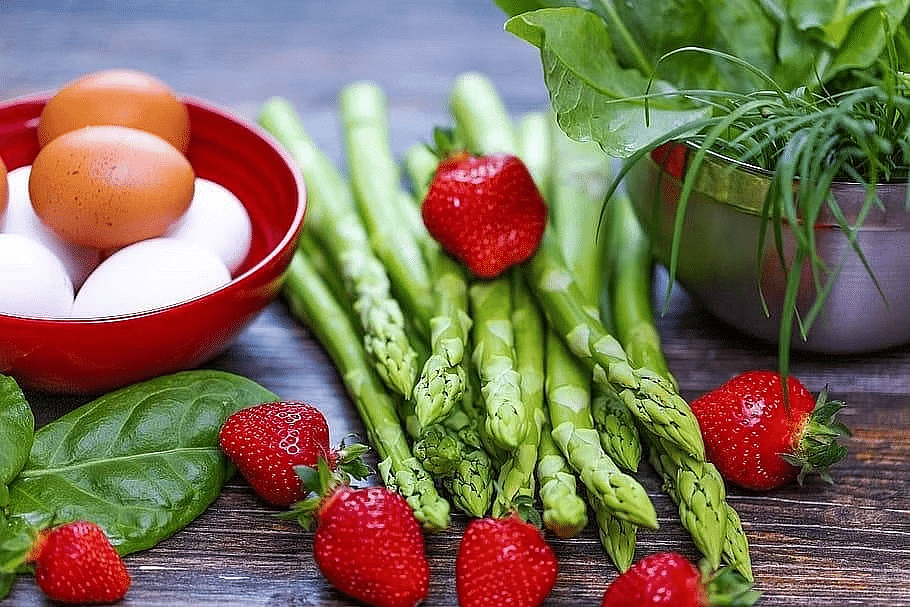 (iii) How does a piece of bread taste after we chew it for some time?
(iii) How does a piece of bread taste after we chew it for some time?
Ans: When a piece of bread is chewed slowly, it tastes sweeter after sometime.
(iv) Why do we feel weak when we have an upset stomach and vomitings?
Ans: Due to loss of water, our bodies have dehydration and this leads to electrolyte imbalance. So muscles don't work properly. That's why we feel weakness.
(v) How is digestion affected when we are sad?
Ans: Digestion slows down when we are sad. There is no effective digestion when we are sad or gloomy.
Q9: Long answer questions.
(i) What is the main function of the tongue? What are the four types of tastes?
Ans: The tongue is vital for chewing and swallowing food, as well as for speech. The four common tastes are sweet, sour, bitter, and salty. A fifth taste, called umami, results from tasting glutamate.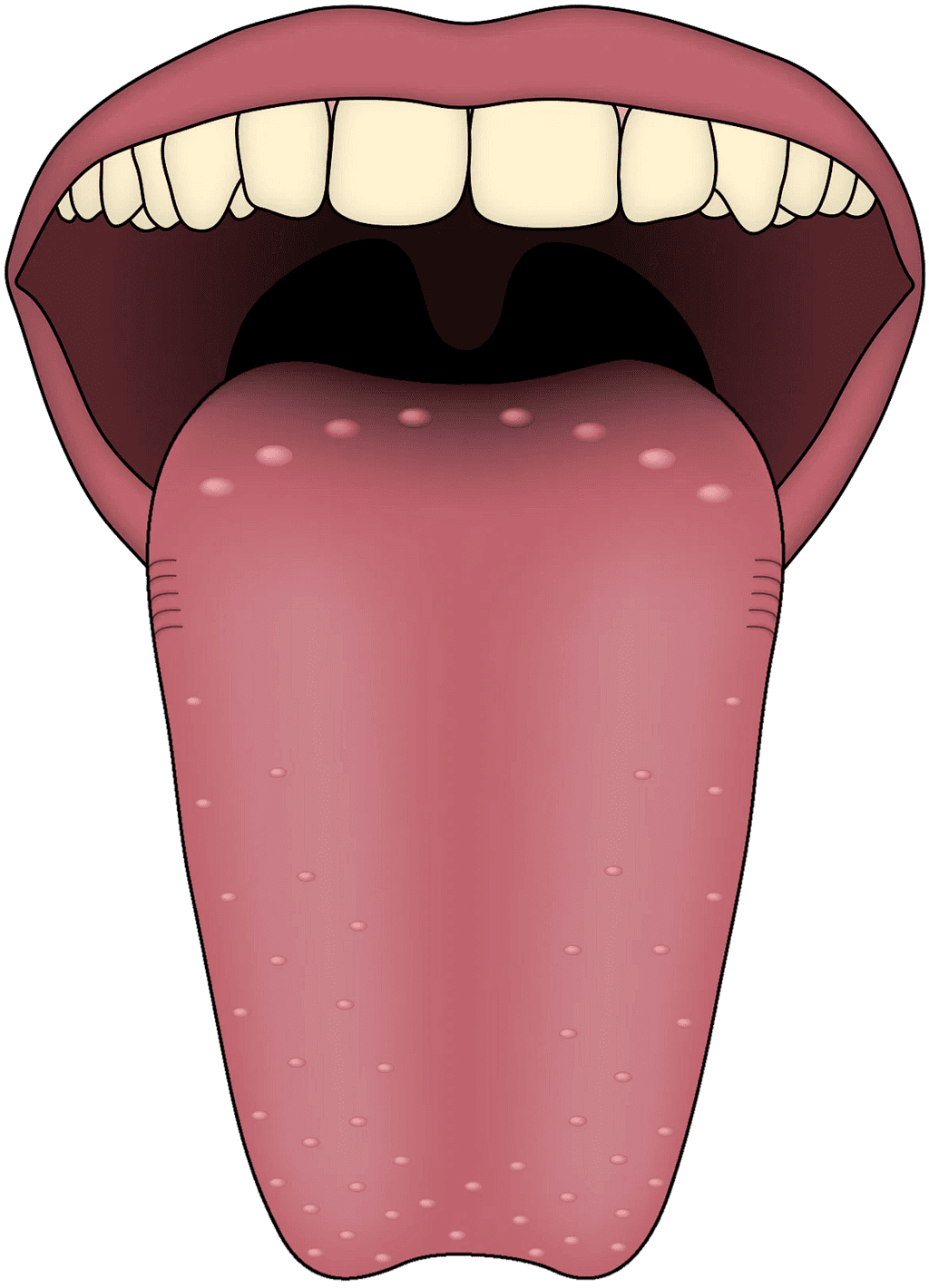
(ii) When and why is glucose drip given?
Ans: A patient needs to be on drip of glucose when the patient has loss of water and electrolytes and he is dehydrated and also when the patient can't take food orally .
(iii) Who was Dr Beaumont? What did he find out about digestion?
Ans: William Beaumont, the first person to observe and study human digestion as it occurs in the stomach. He found that our stomach digests food faster than outside.
(iv) Why can we not taste food properly when you have a cold?
Ans: When you have a cold, your sinuses are likely to be filled and the air with the aroma can't get past the sinus. This deprives you the sense of smell. So most of your sense of taste is gone along with your sense of smell.
(v) How does your stomach help in the digestion of food?
Ans:The stomach is like a mixer, churning and mashing together all the small balls of food that came down the oesophagus into smaller and smaller pieces. It does this with the help from the strong muscles in the walls of the stomach and gastric juices that also come from the stomach's walls.
(vi) Write the symptoms a child will show if he/she does not get rice or roti to eat daily.
Ans: The visible symptoms are - Low energy, Lack of Concentration, and Giddiness. If a child does not get roti or rice during the day, he would have less energy to do any activity and feel sleepy. Without proper nutrition, the child cannot concentrate on any kind of studies or mental work. Skipping meals leads to low blood pressure which can force the child to faint down.
(vii) What symptoms will a child show who eats junk food?
Ans: Anyone who eats junk food frequently will develop a pukish feeling (sometimes even puke)- develop fever, Stomach pain, Diarrhea, Dizziness, Throat infection/cold.
(viii) What is the function of saliva in the mouth?
Ans: The digestive functions of saliva include moistening food, and helping to create a food bolus, so it can be swallowed easily. Saliva contains the enzyme amylase that breaks some starches down into maltose and dextrin. Thus, digestion of food occurs within the mouth, even before food reaches the stomach.
|
37 videos|410 docs|41 tests
|
FAQs on From Tasting to Digesting - 1 Class 5 Worksheet EVS Chapter 3
| 1. How does the sense of taste work? |  |
| 2. What factors can affect our sense of taste? |  |
| 3. How does the process of digestion start? |  |
| 4. What happens to food in the stomach during digestion? |  |
| 5. How does the body absorb nutrients from digested food? |  |






















